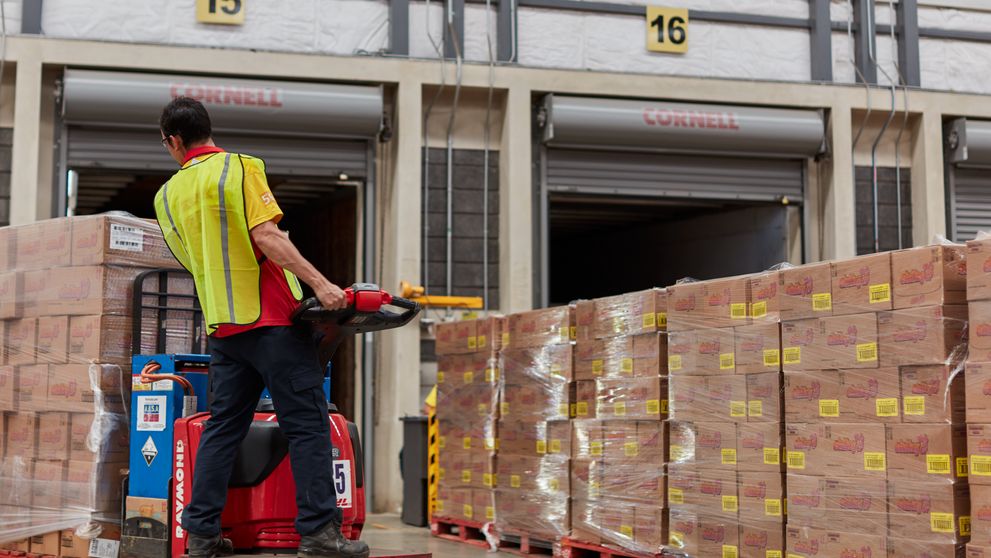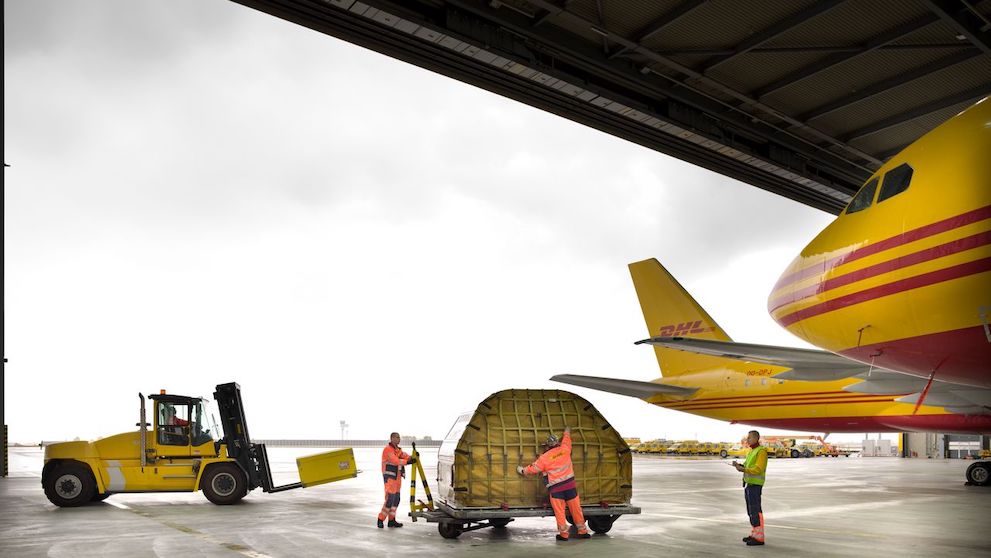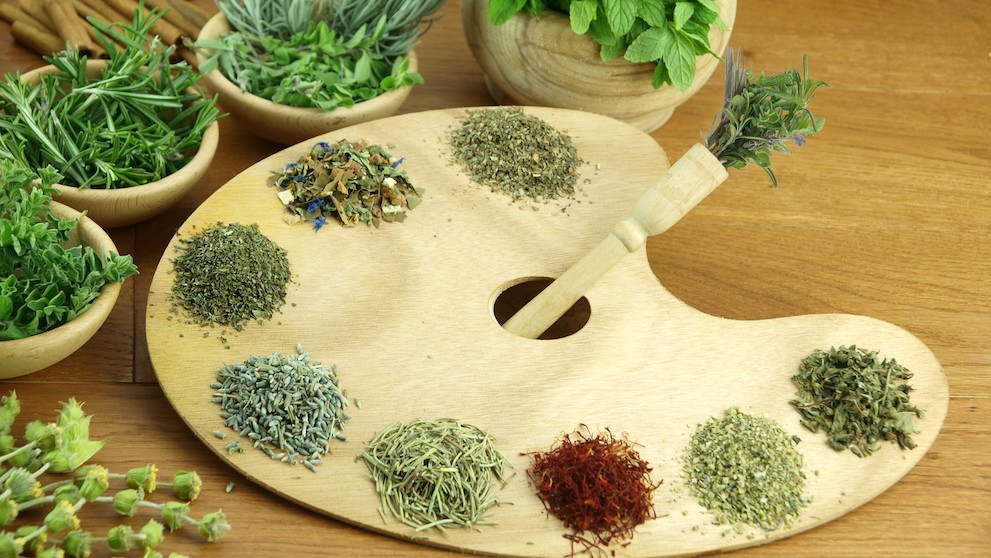Thailand is a leading exporter of food products in Southeast Asia, specialising in farmed agricultural products and seafood. Thai food products have long been one of the country’s driving forces in economic development. The Bangkok Post reports that their major markets include Southeast Asian neighbours, namely Cambodia, Laos, Myanmar, and Vietnam, making 28.4% and Japan, which holds 13.9%.
Thailand is also known for its advanced food processing industry, enabling them to export value-added products. Most Thai food processing businesses are small and medium-sized enterprises accounting for 97% of the industry in research conducted in 2019, while 3% account for large corporations according to a report by the Food and Fertilizer Technology Center for the Asian and Pacific Region.
As the potential of selling food and beverage products to a global market continues to increase, small and medium-sized businesses must expand their knowledge of shipping opportunities and restrictions to keep up. In this blog, we give you insight into the leading foods exported from Thailand and everything you should know about shipping items internationally.
The top food product exports
Thailand is renowned for its vibrant and flavourful cuisine. The country exports a variety of food products worldwide, including canned, dried, and processed foods. However, despite being produced having a longer shelf-life, it's still important to have these products shipped efficiently to retain their quality. This is where express shipping comes in handy. These are the top 10 export food products from Thailand that are suitable to ship with express transportation:
1. Canned pineapple
This is harvested, processed, and canned to preserve its taste, texture, and nutritional value. With express transportation, you can ensure that the canned pineapples reach recipients with their freshness and tropical flavour intact.
2. Canned tuna
Tuna is processed and canned to extend its shelf life and make it convenient for consumption. Opting for express shipping is necessary to prevent the deterioration of taste and texture, as well as maintain the quality of the product.
3. Canned seafood
Aside from tuna, Thailand exports a variety of canned seafood, including sardines, mackerel, and shrimp. These products are processed and sealed in cans to ensure their longevity. It’s important to have these food products shipped right away to avoid exposure to high temperatures, which can affect the quality and safety of the seafood.
4. Dried shrimp
Dried shrimp is a popular ingredient in various Thai dishes. Thailand's dried shrimp is sought after for its flavour and quality. Prompt shipping is crucial to prevent moisture absorption, which can lead to spoilage and loss of taste.
5. Dried spices
Thailand is known for its aromatic and flavorful spices, such as dried chilli peppers, lemongrass, galangal, and kaffir lime leaves. These spices are dried to enhance their shelf life and make them suitable for export. Express transportation is vital to preserving their potency, aroma, and taste.
6. Rice noodles
Thai rice noodles, such as rice vermicelli and rice sticks, are staple ingredients in many Asian cuisines. These noodles are processed and dried for convenience and long shelf life. Shipping these noodles prompt helps them remain intact and ready for use in various dishes.
7. Instant curry paste
Thai curry pastes, available in powdered or paste form, are popular flavouring agents in Thai and international cuisines. These pastes are processed and packaged for export. Efficient transit is important to maintain the freshness, aroma, and authentic flavours of the curry pastes.
8. Coconut milk powder
Thailand is a significant exporter of coconut milk powder, which is a convenient alternative to canned or fresh coconut milk. Coconut milk powder requires timely shipping to prevent exposure to moisture and preserve its quality and creamy texture.
9. Thai tea mix
Thai tea mix, used to make the famous Thai iced tea, is a blend of black tea leaves and spices. It is processed and packaged for export. Having it shipped promptly is essential in ensuring the tea mix reaches consumers with its unique flavour and aroma intact.
10. Processed fruit snacks
Thailand offers a variety of processed fruit snacks, such as dried mangoes, jackfruit chips, and banana slices. While these snacks are prepared and packaged for export, getting express shipping can ensure that they maintain their taste, texture, and shelf life when they arrive at the destination country.
What are the products restricted/prohibited from exporting or importing in Thailand?
Thailand generally has a list of prohibited items that entities are not allowed for import or export, as per the Thai Customs Department. These include narcotics, explicit items, counterfeit goods, fake notes or coins, and reserved animals or wildlife listed within the Convention on International Trade in Endangered Species of Wild Fauna and Flora (CITES).
Products with restrictions require a permit from the related agency for customs to allow the entry of goods into your destination country’s borders. For example, if you’re planning to export meat to Australia, you have to ensure that you check their Biosecurity Import Condition system (BICON) to determine whether your product meets Australia's animal health standards and if you have to obtain specific certification.
What are the challenges of shipping food products from Thailand?
When it comes to shipping food products from Thailand, businesses may face several challenges, including:
- Compliance with regulations: If you want to export your food products to another country, you must get past Thailand’s strict regulations regarding food safety, packaging, and labelling.
- Logistics: Thailand’s location makes it challenging to ship to major markets. As a result, the shipping costs would be greater, and the transits could get longer.
- Temperature control: Food products require proper temperature control to preserve quality and safety. With Thailand's hot and humid climate, storing products in a container with the right temperature can be challenging.
- Customs procedures: Customs clearance can be a gruelling and complex process. Make sure that you research customs regulations and prepare all the shipping documents required to have your shipped goods successfully processed and to avoid delays or additional fees.
Customs regulatory requirements and documents before exports from Thailand
Before exporting food products to their destination country, you will need to present the following requirements and documents:
- Export declaration: This document is a mandatory requirement from the Thai Customs Department for all export goods and must contain the exporter, importer, product, and shipment details.
- Commercial invoice: This document contains a list of all the food products exported, their value, and other significant details so that the customs department can determine the amount of duty and tax needed.
- Packaging list: This document provides comprehensive details of the export package so that the customs department can verify if the shipment matches the information in the export declaration and commercial invoice.
- Bill of lading: This serves as a contract between the shipper and carrier, containing details about the shipment.
- Certificate of origin: This document verifies the origin of the goods being exported and is a requirement of the importing country to determine if the goods are eligible for preferential tariff treatment.
- Export license: This is required if you are exporting items that are deemed sensitive or strategic, like food products, whether they are processed or unprocessed. You can obtain this license from a relevant government agency.
- Other required documents: As other countries may also have regulations for imported goods, you must also be aware of the documents you will have to prepare before exporting your goods, like a phytosanitary certificate or certificate of analysis for chemicals for agricultural products.


















